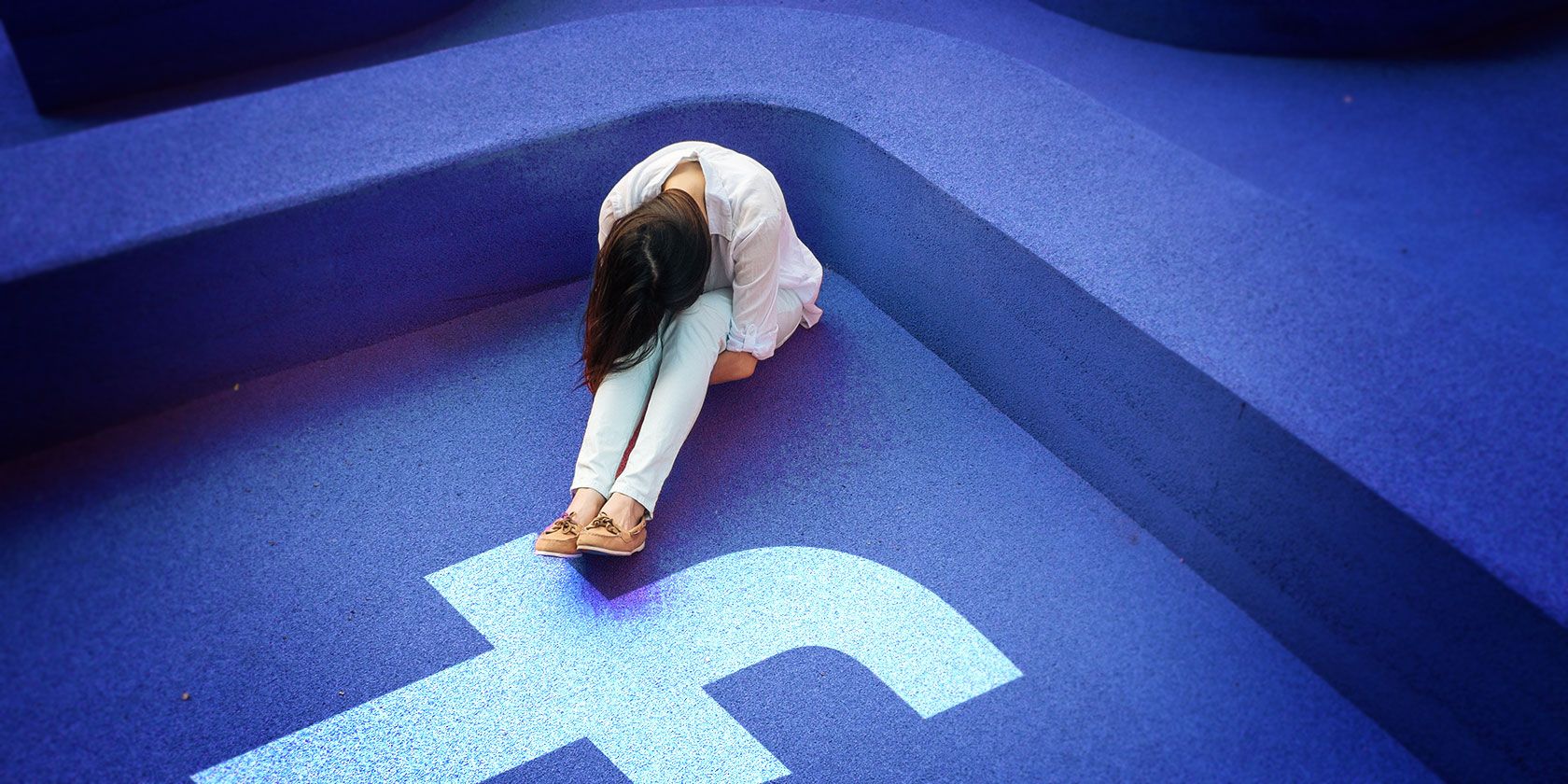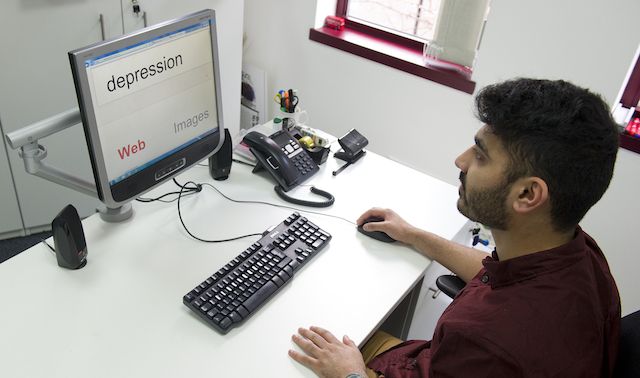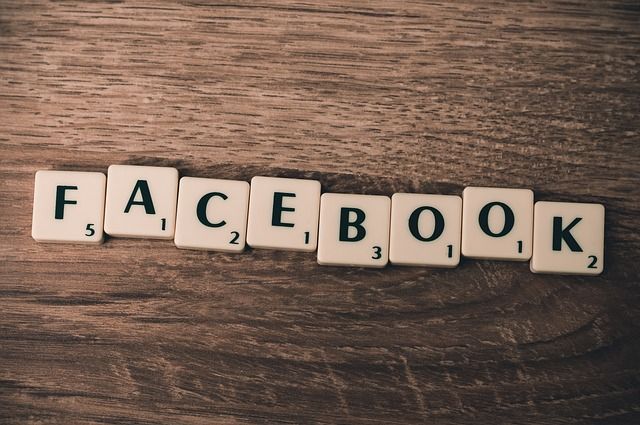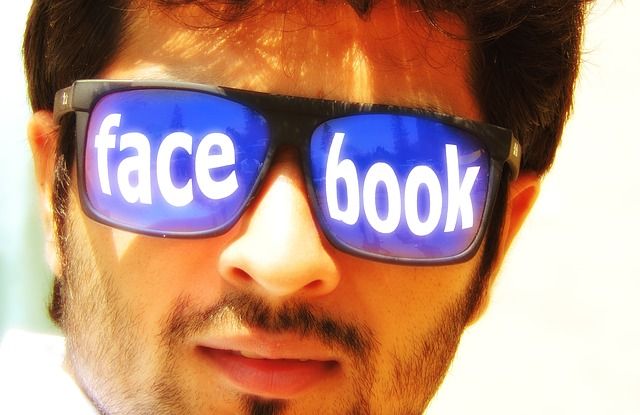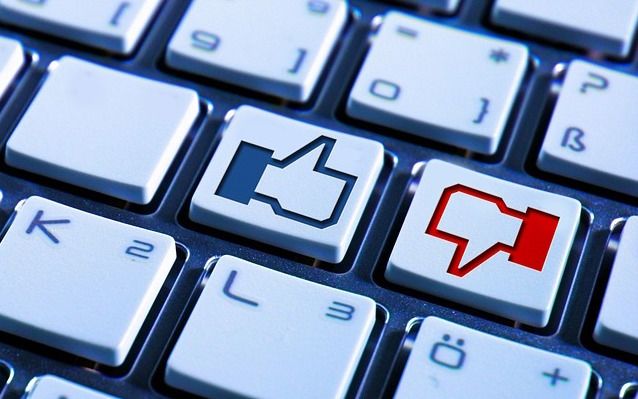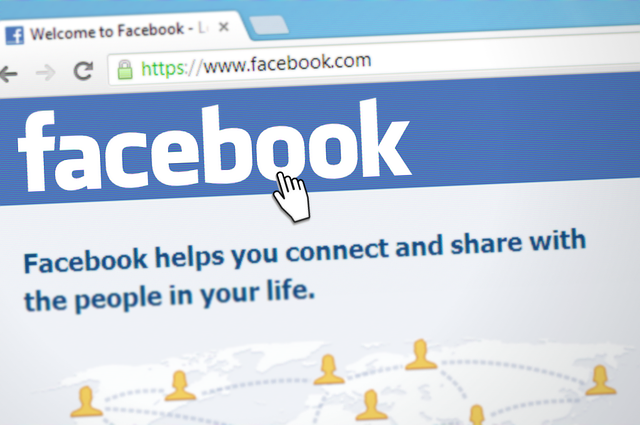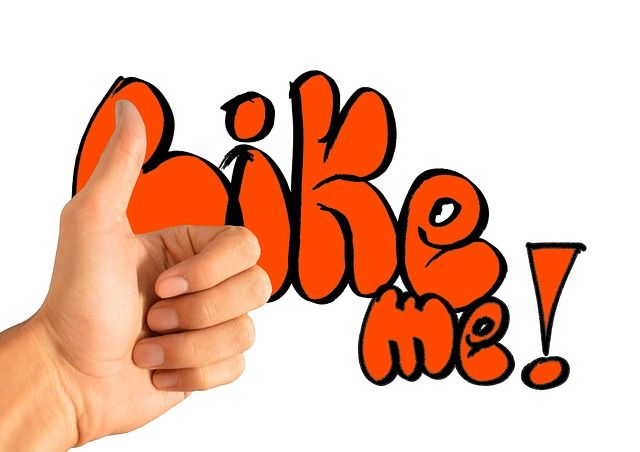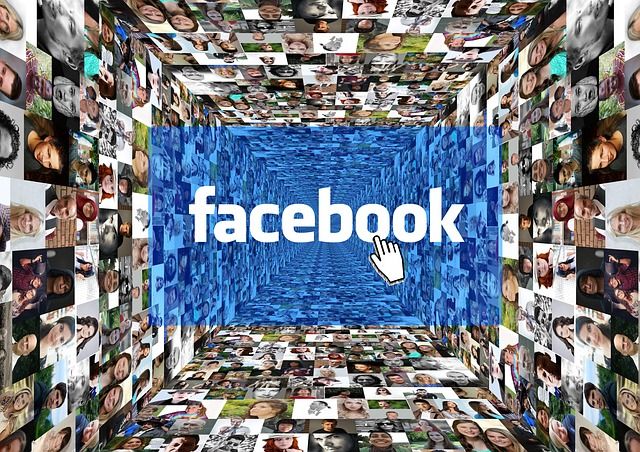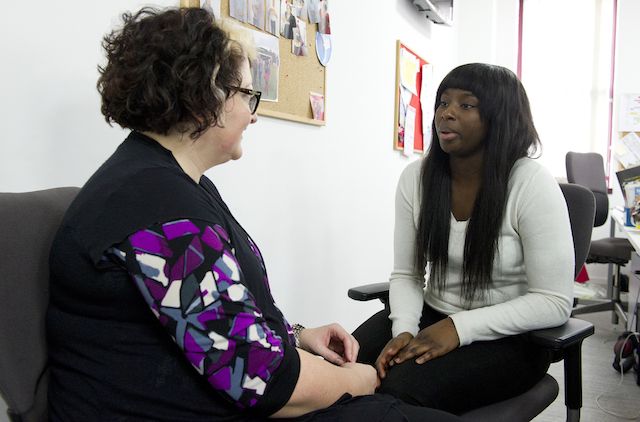Just a few weeks ago, Facebook had 1 billion people logging in on the same day. That's huge! But many of those might not be aware that every recent study about the giant social network says it might be making you feel bad about yourself. You need to know how to use Facebook in a healthy way if you want to avoid this.
Facebook's potential as a trigger for depressive symptoms has been talked about in the past too, but this year has seen more of such studies than before. Behaviorists and social scientists are now narrowing down the root cause – and how to tackle it.
The Problem Is Envy
All the studies this year agree that the crux of the issue is envy and boastful posts. Looking at others doing well on Facebook makes us think they don't have the problems or failures we do.
"If Facebook is used to see how well an acquaintance is doing financially or how happy an old friend is in his relationship — things that cause envy among users — use of the site can lead to feelings of depression," says Margaret Duffy, a professor and chair of strategic communication at the University of Missouri-Columbia's School of Journalism, who conducted a survey of college students for their study published in Computers in Human Behavior.
The studies note that the social comparison can occur in different ways. For example, you might have thought of someone as a peer, but seeing them do better than you on Facebook elicits envy. Among women, body satisfaction level of non-Facebook users was higher than Facebook users.
It's correlation, not causation. And such studies are nothing new. Back in 1998, the famous HomeNet study drew a link between more time spent online and depression. It came under severe criticism from scholars for suggesting causation, but the correlation has been noted in several studies after that. We've also noted how the Internet can give support against depression.
As for Facebook's link with depressive symptoms, more and more studies are finding a similar correlation. Charlotte Blease, a cognitive scientist and philosopher of medicine, has reviewed several of these Facebook studies and written a scholarly article on it. Blease argues that Facebook users are more likely to suffer from depression when:
- They have more online 'friends';
- The greater the time spent reading updates from this wide pool of friends;
- The more frequently the user reads these updates; and
- The content of the updates tends to a bragging nature.
"It Won't Happen To Me" Is a Big, Fat Lie
The most dangerous part of these findings is that most of us think it won't happen to us. "I have a positive mindset, I'm not depressed," we tell ourselves. News flash: you're deluding yourself and leaving yourself at a major risk of falling for the negative effects of Facebook use.
"According to optimistic bias, Facebook users may perceive that bad things are more likely to happen to others than to themselves, while good things are more likely to happen to them than to others," notes a new study. "The findings from an online survey among Facebook users indicate that the negative psychological and social outcomes of using Facebook were perceived to be more likely to happen to other Facebook users than to themselves."
The study is a warning for Facebook users with an optimistic bias – i.e. those who thought they had a healthy outlook and were generally positive. Such users tend to think cyberbullying, depression, and other negative effects of Facebook use are likely to happen to others, not to themselves.
However, the study authors warn that this is wishful thinking and it leaves such Facebook users vulnerable to "the negative realities of social media".
And if you think you're immune to social comparison, think again. Whether you realize it or not, multiple studies and study authors claim you are comparing yourself to your friends. And that's partly because of Facebook's nature.
"Facebook often gives us information about our friends that we are not normally privy to, which gives us even more opportunities to socially compare," says Steers. "You can't really control the impulse to compare because you never know what your friends are going to post."
How to Fight Against Facebook Depression
The good news is that these factors and symptoms are beatable. With a few simple steps, you can tackle this problem and browse the social network in healthy ways.
Knowing Is Half the battle
As with most things, acceptance is the first and most important thing. You'll never really give up on Facebook, but you need to acknowledge that you are vulnerable to Facebook envy and be self-aware about your feelings.
"Users should be self-aware that positive self-presentation is an important motivation in using social media, so it is to be expected that many users would only post positive things about themselves. This self-awareness, hopefully, can lessen feelings of envy," said Edson C. Tandoc, who worked with Duffy on her research.
Realize You're Seeing "Highlight Reels"
The act of Facebook-based comparisons is inherently flawed, when you think about it. People tend to post positive thoughts and experiences on Facebook because Facebook is geared to be about showing your greatest hits. It's why Facebook won't have a Dislike button, no matter what the rumors say.
"Most of our Facebook friends tend to post about the good things that occur in their lives, while leaving out the bad. If we're comparing ourselves to our friends' 'highlight reels,' this may lead us to think their lives are better than they actually are and conversely, make us feel worse about our own lives," says Steers.
Don't Browse Facebook When You're Alone or Lonely
Facebook is about the people, so you are probably going to visit it when you don't have people around you. However, doing that actually leaves you more susceptible to Facebook envy and social comparisons.
"If Facebook use tends to occur when individuals are alone (perhaps when otherwise engaged in work, study, or solitary home Internet use), the social comparisons triggered by Facebook may be heightened — in such scenarios, the user logs onto Facebook and observes the evidence of the successes, busy social lives, and activities of other members," writes Blease.
Basically, since you can't see social support around you, your brain finds it difficult to make a fair comparison with the seemingly happy highlight reels of those on Facebook. It kind of explains why introverts love Facebook and extroverts hate it. Yes, it seems like counter-productive usage of Facebook, but you need to make a conscious effort not to browse Facebook when you're alone or feeling lonely.
Seek Help, See a Therapist
No, you don't always know yourself better than a medical professional. If you think you are susceptible to depressive feelings due to Facebook, that can be a sign of needing therapy. Seek out a counselor or psychotherapist and talk to them. Don't be a hero and diagnose yourself.
Be Honest With Yourself and Share This
The solution isn't telling people to avoid Facebook – it's a great social network. But people need to be more aware of its inherent perils. Share this article on your wall and ask people if they have felt Facebook envy before. I know I have… have you?
Image Credits: Simon / Pixabay, geralt / Pixabay, Firmbee / Pixabay, geralt (2) / Pixabay, geralt (3) / Pixabay, geralt (4) / Pixabay

